Antivirus
Photo & Video
Programming & Design
Office Management
Other
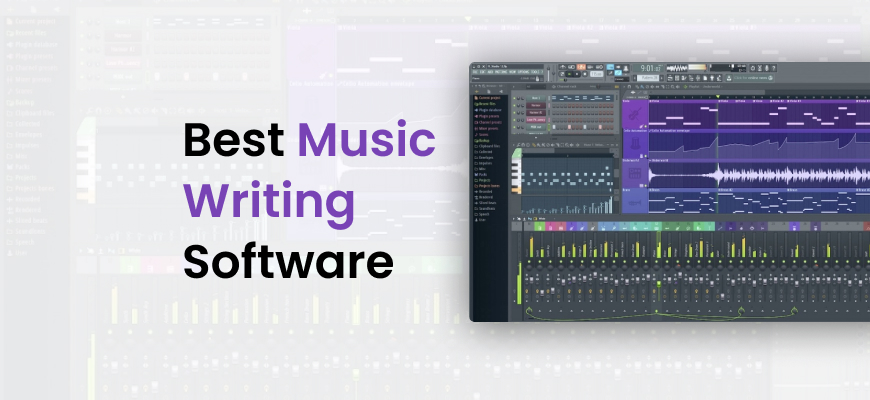
In the world of music production, the quality of the software can make or break a project. As we look towards 2023, musicians and composers alike are eager to know which music writing software will help them create their masterpieces. This article will explore the best music writing software in 2023, taking into account factors to consider when choosing such software, a list of the top options, and a detailed overview of each program, including their key features, pros, and cons.
Table of Contents
When selecting music writing software, there are several crucial factors to consider. The first aspect to look at is the software’s ease of use. A program with a user-friendly interface will save time and allow for a more enjoyable experience.
The next factor to take into account is the software’s compatibility with different platforms and devices. The ideal software should be compatible with a wide range of devices, including desktop computers, laptops, tablets, and smartphones.
Lastly, consider the software’s price and the availability of customer support. High-quality software may come with a higher price tag, but the investment may be worth it for those who require advanced features and reliable support.
| Name | Rating | Price | |
| Avid Sibelius | 100% Free | Download Free | |
| MuseScore | 100% Free | Download Free | |
| Noteflight | 100% Free | Download Free | |
| Dorico | 100% Free | Download Free | |
| MagicScore | 100% Free | Download Free |
The following list includes some of the best music writing software available in 2023:
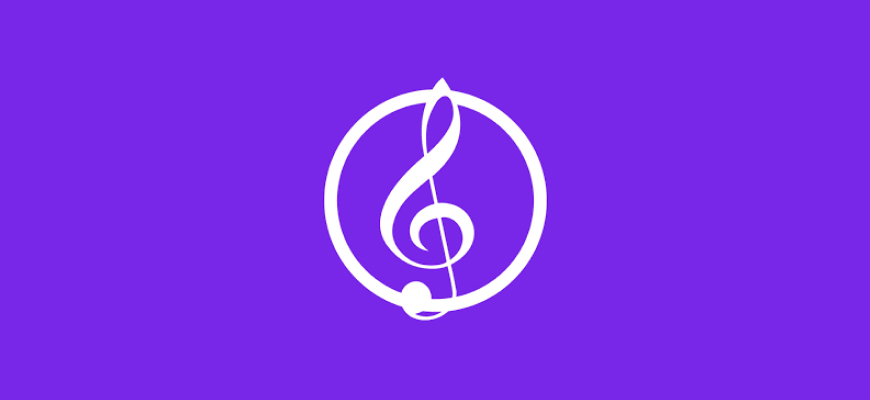
Avid Sibelius is a renowned music notation software that caters to professional composers, arrangers, and music educators. The software provides a comprehensive set of tools and features that allow users to create, edit, and share their compositions with ease.
Avid Sibelius boasts several key features that set it apart from its competitors. These include its intuitive user interface, which allows users to navigate the program with ease, and its flexible note input options, allowing users to input notes using a keyboard, mouse, MIDI controller, or by scanning sheet music. The software also offers a vast library of high-quality instrument samples, ensuring realistic playback of compositions.
Furthermore, Avid Sibelius supports collaboration through cloud-based sharing, enabling users to share their work with others for feedback and editing. The software also integrates with other professional audio and video applications, such as Pro Tools and Media Composer, for a seamless workflow.
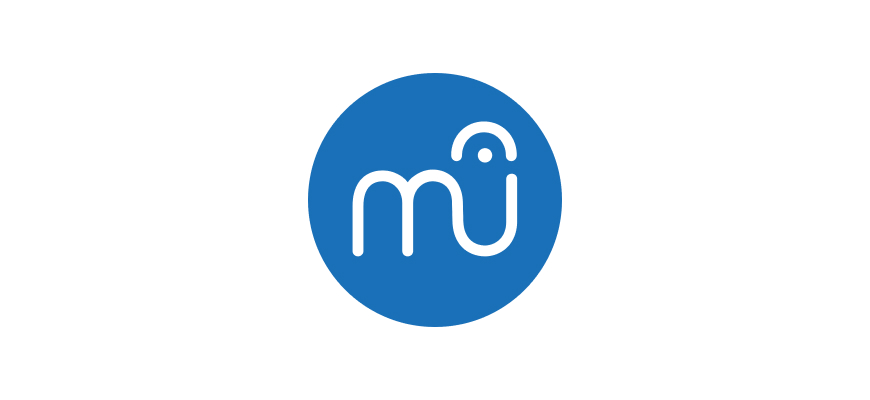
MuseScore is a popular, open-source music notation software that caters to musicians of all levels, from beginners to professionals. The software is available for free, making it an attractive option for those on a budget or seeking a cost-effective solution for their music writing needs.
MuseScore offers a variety of key features that make it a top contender in the music writing software market. The software provides an intuitive user interface, making it easy for users of all experience levels to navigate and use. It also supports a wide range of input methods, including keyboard, mouse, MIDI controller, and virtual piano.
Additionally, MuseScore offers a vast library of instruments and soundfonts, ensuring realistic playback of compositions. The software also supports the import and export of various file formats, such as MIDI, MusicXML, and PDF, allowing users to share their work with ease.
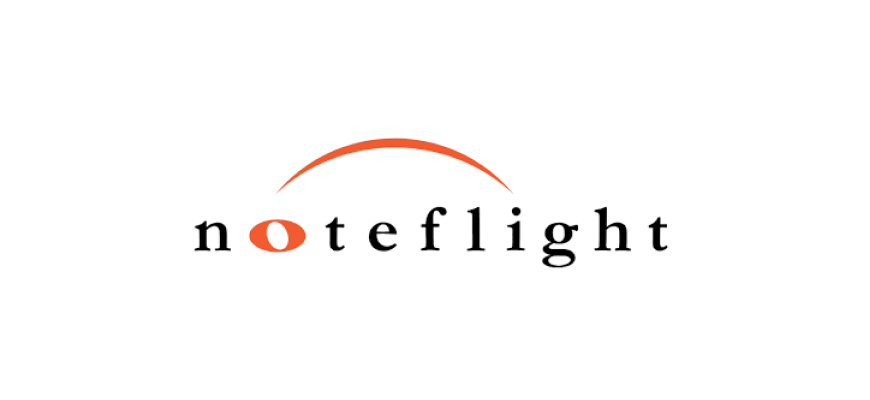
Noteflight is a web-based music notation software that caters to both beginners and professionals. The software allows users to create, edit, and share their compositions online, making it a convenient option for those seeking a cloud-based solution.
Noteflight boasts several key features that make it an attractive option for music writing. The software offers an intuitive, user-friendly interface that allows users to quickly input and edit notes. It also supports a variety of input methods, including keyboard, mouse, and MIDI controller.
Additionally, Noteflight offers a comprehensive library of instruments and soundfonts, along with the ability to import and export various file formats, such as MIDI, MusicXML, and PDF. The software also supports collaboration through its online community, where users can share their compositions and receive feedback from others.
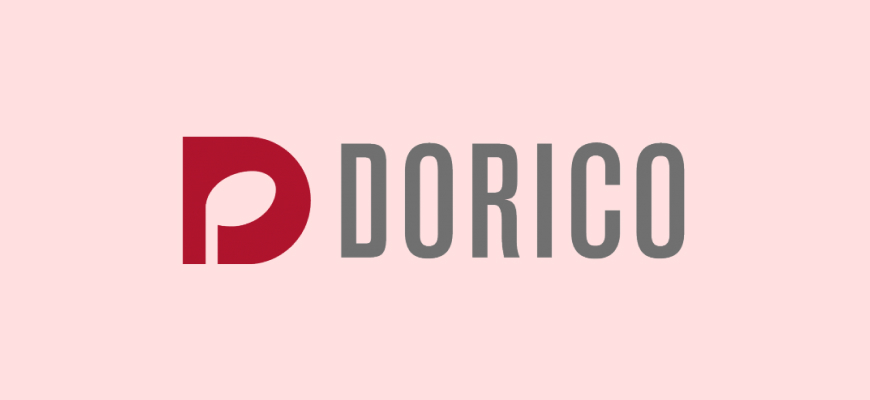
Dorico is a professional music notation software developed by Steinberg, a company known for its high-quality music production tools. The software is designed for composers, arrangers, and music educators seeking a comprehensive solution for their music writing needs.
Dorico offers several key features that make it stand out among its competitors. The software provides a user-friendly interface with a unique system of separate modes for inputting, editing, and engraving music. It also supports a wide range of input methods, including keyboard, mouse, MIDI controller, and touch input on compatible devices.
In addition, Dorico offers a vast library of high-quality instrument samples and supports the import and export of various file formats, such as MIDI, MusicXML, and PDF. The software also offers advanced engraving capabilities, ensuring that compositions look professional and polished.
Furthermore, Dorico supports collaboration through its cloud-based sharing and commenting features, allowing users to share their work with others for feedback and editing. The software also integrates with other professional music production tools, such as Cubase and Nuendo, for a seamless workflow.
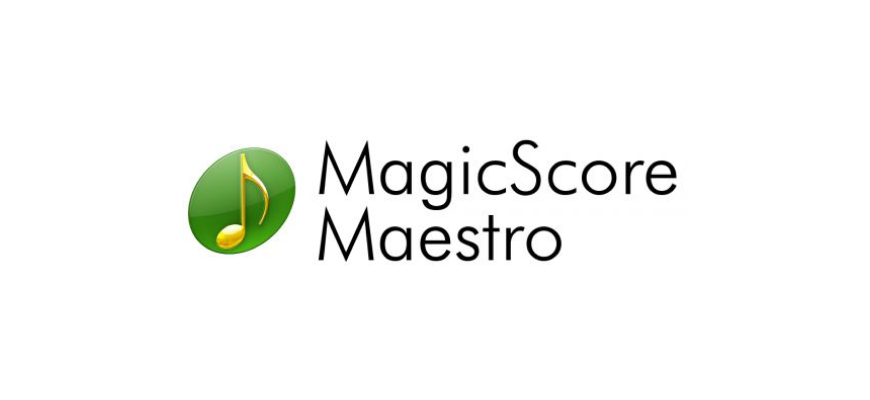
MagicScore is a comprehensive music notation software that caters to musicians and composers of all levels. The software provides a wide range of tools and features that allow users to create, edit, and share their compositions with ease.
MagicScore boasts several key features that make it a top contender in the music writing software market. The software offers an intuitive user interface with customizable toolbars and shortcut keys, allowing users to tailor the program to their preferences. It also supports a wide range of input methods, including keyboard, mouse, MIDI controller, and virtual piano.
Additionally, MagicScore offers a vast library of high-quality instrument samples, ensuring realistic playback of compositions. The software also supports the import and export of various file formats, such as MIDI, MusicXML, and PDF, allowing users to share their work with others.
When choosing the best music writing software, there are several factors to consider. Firstly, consider your level of experience and the software’s ease of use. If you’re a beginner, a program with an intuitive interface and user-friendly features may be the best option.
Next, consider the software’s compatibility with different platforms and devices. The ideal software should be compatible with a wide range of devices, including desktop computers, laptops, tablets, and smartphones.
Additionally, consider the software’s price and the availability of customer support. High-quality software may come with a higher price tag, but the investment may be worth it for those who require advanced features and reliable support.
Lastly, consider the software’s key features, such as its input methods, instrument samples, and collaboration capabilities. Choose a program that offers the tools and features that best suit your needs and preferences.
In conclusion, the best music writing software in 2023 will depend on the individual’s needs and preferences. Avid Sibelius, MuseScore, Noteflight, Dorico, and MagicScore are all top contenders in the music writing software market, each offering their unique set of features and capabilities.
When choosing the best software, consider factors such as ease of use, compatibility, price, and key features. By taking these factors into account, you can select a program that meets your specific needs and helps you create your musical masterpieces.
When searching for the best music writing software, consider features such as intuitive interface, notation tools, MIDI support, virtual instruments, audio recording capabilities, and compatibility with different file formats.
Music writing software caters to users of various skill levels. Many options offer user-friendly interfaces and tutorials, making them accessible to beginners. Professionals, on the other hand, often require advanced features and customization options, which the software can provide as well.
Yes, most modern music writing software allows for collaboration with other musicians. You can typically share project files, make real-time changes, and even communicate within the software itself. Collaborative features enhance the creative process and make it easier to work with others remotely.
Absolutely! Music writing software offers powerful tools for composing and arranging music. You can write musical notation, experiment with different instrument sounds, create complex harmonies, and arrange sections of your composition easily. These features streamline the creative process and help bring your musical ideas to life.